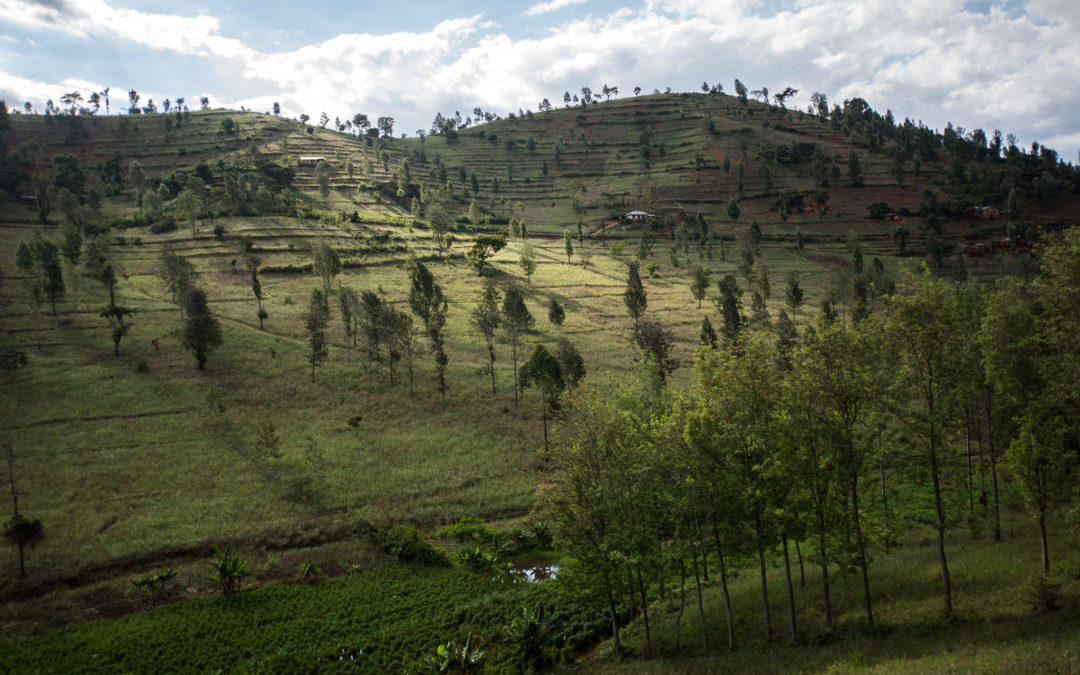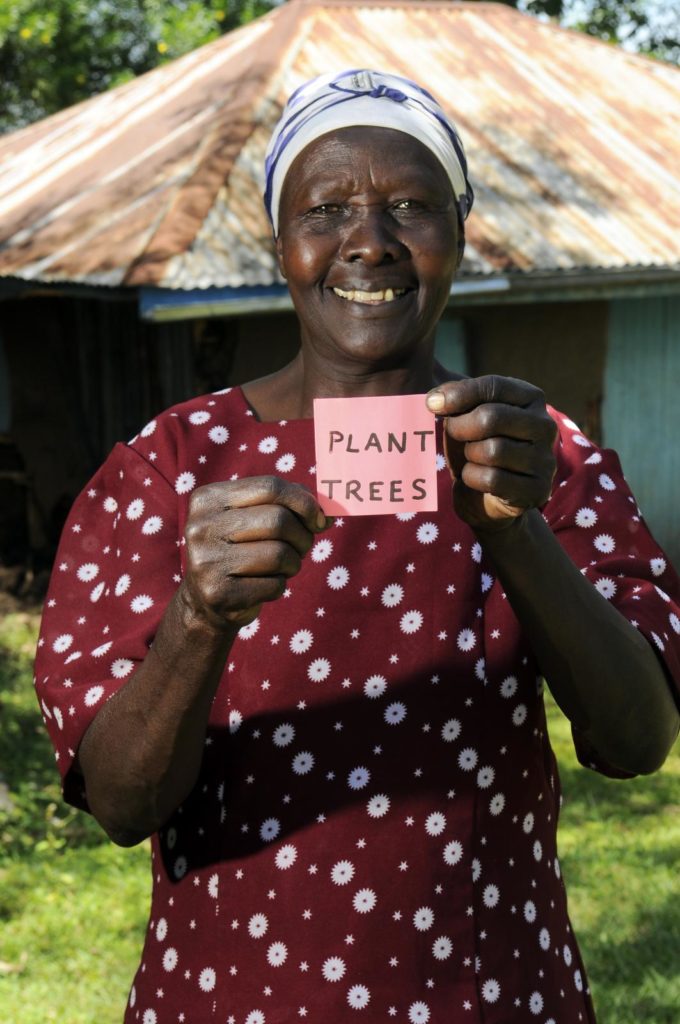Press and News Exploit local-level opportunities for sustainable land management: Lessons from a multistakeholder platform in Tanzania

With climate change, the issues of land are becoming more important. Land conditions are vulnerable to ongoing climate change, including increased rainfall intensity, flooding, drought frequency and severity, heat stress, dry spells, wind and sea-level rise.
By Caroline Mwongera
The 2019 Intergovernmental Panel on Climate Change (IPCC) Special Report on Climate Change and Land notes that sustainable land management can contribute to climate change adaptation and mitigation. There is rising appreciation of context-specific options, which include local and indigenous knowledge of communities on sustainable land management. As such, land users’ priorities, perceptions, experiences and knowledge in sustainable land management need more attention. Further, economic, political and social factors can create opportunities or constrain land use and management, and its contribution to climate change adaptation and mitigation.
The Tanzania Climate-Smart Agriculture Alliance (TCSAA) brings together different partners at the national and district level. It comprises policymakers, national and international research organizations, civil society, farmers, the private sector and the media to facilitate the sharing of information, knowledge, and experiences on issues of climate change. In 2019, we conducted focus group discussions separately with men, and women members of the Lushoto District learning alliance. The aim was to identify local-level opportunities for land restoration. The participants included farmers and local leaders from the four villages of Boheloi, Mbwei, Sunga and Madala, representatives from the Environment Management Unit, Ministry of Agriculture, university staff, civil society organizations, faith-based organizations, and district authorities.
The discussions revealed that the majority of the rural population lacks knowledge on the interlinkages and impact of livelihood actions on climate change, sustainable land management and land degradation. Participants emphasized that there are several local-level opportunities to support sustainable land management and restoration of degraded land in the Lushoto District.

Part of a portrait series to accompany a series of workshops by the CGIAR’s Climate Change, Agriculture and Food Security (CCAFS) research program and the University of Oxford’s Environmental Change Institute.
Credit: ©2011CIAT/NeilPalmer
Local-level opportunities to support sustainable land management
- Biodiversity – The Western Usambara Mountains (WUM) situated in the Lushoto District, represent a biodiversity hotspot in East Africa. There several indigenous plants can be found, including tree species that are well adapted to climate change and variability. These can support afforestation of degraded land to reverse the trend of land degradation as well as support smallholder farmers’ livelihoods.
- Institutional arrangements – Government departments, the district council, private sector, community organizations and village council are present at the local level. In addition, environmental management and water-use committees are present at the local level, and local communities are willing to engage in sustainable land management activities.
- Smallholder farmers have access to various media and outreach services, e.g. mobile phone, radio, television, community and village meetings and campaigns.
- The national and local governments have enacted various policies, laws and bylaws for climate change, land, water, and environment to guide actions and investments.
- The system of devolved budgeting and decision making to the Local Government Authority (LGA) allows them to allocate funds according to local-level priorities.
Challenges
- Inadequate technical skills and knowledge on sustainable land management – integrate into the formal education from primary school to post graduate level, tertiary institutes and extension systems.
- Limited policy implementation at the local level – enforcement remains a challenge in addition to limited capacity of policy makers to act on sustainable land management and land-use issues.
- Limited finances – available resources remain inadequate to support responses for sustainable land management.
- Lack of local land-use plans – with increasing pressure on land and land resources, local/ecological land-use plans are required.
- A widened gap between skills possessed by youth and limited responses to address existing gender inequalities for support sustainable land management.
Acknowledgments
This work was implemented by the International Center for Tropical Agriculture (CIAT) (now part of the Alliance of Bioversity International and CIAT), with financial support from the CGIAR Research Program on Water, Land and Ecosystems (WLE).
